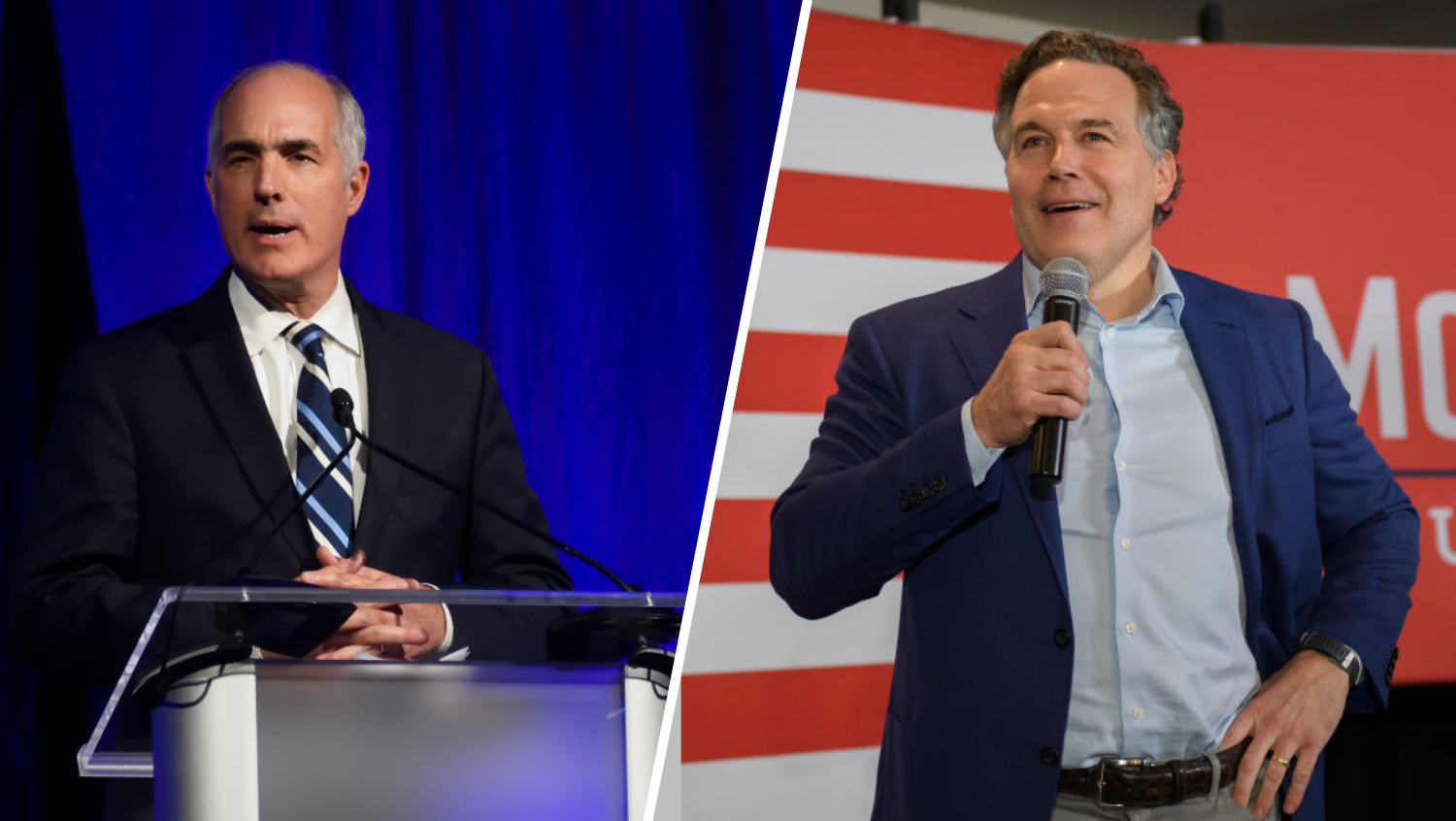New Jersey law enforcement officials expecting a rise in forced prostitution leading up to the 2014 Super Bowl said Tuesday efforts to crack down on criminals and help victims will span the entire state, unlike other Super Bowls where such work focused around the host city.
Authorities are expecting an increase in commercial sex trafficking leading up to the game due to the sheer number of people expected to attend.
In response, officials are developing plans to combat the problem in ways different from other states. New Jersey is believed to be a major entry point for human trafficking due to its dense and diverse population and convenient access from New York to Philadelphia, according to Tracy Thompson, an assistant state prosecutor who leads a human trafficking task force. That means the whole state needs to be monitored.
"This is a Hackensack to Cape May initiative,'' Thompson told The Associated Press after law enforcement officials met to discuss their efforts leading up the game in February in East Rutherford.
Plans include closely monitoring online sex ads, which Thompson said is already ongoing.
Officials also plan to train people such as taxi cab drivers who may transport or hotels and motels that provide rooms to those involved in human trafficking to recognize indicators such as signs of abuse.
Then, the focus shifts to the victims by providing them shelter and counseling.
Local
Breaking news and the stories that matter to your neighborhood.
Thompson said all 21 counties have two go-to law enforcement officials_ a prosecutor and a detective_ who act as liaisons for cases that involve forced prostitution, part of an on-going directive to capture criminals and save victims who are mostly women and children.
Acting Attorney General John Hoffman told law enforcement officials that the systems and practices put in place for the Super Bowl must "transcend far beyond what happens at a football game next (year.)''
New Jersey authorities also heard from law enforcement from other states who have hosted Super Bowls about how they conducted their crackdowns.
Louisiana State Police Sgt. Chad Gremillion said during the 2013 Super Bowl in New Orleans, his officers would call the numbers listed in the ads to get victims to come to them for help. They would also stake out hotels and motels where they believed operations were taking place.



